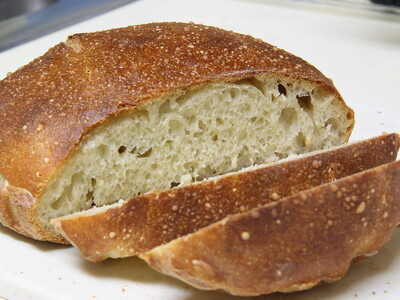Dealing with Mosquitoes & NASS Resumes Survey
Dealing with Mosquitoes & NASS Resumes Survey plus Food Forethought. I’m Greg Martin with today’s Northwest Report.
My son and I spent some time over the 4th weekend down at the river doing some fishing. We decided to get away from the crowds and blaze a trail to a more remote location and soon realized we were on the menu to a horde of mosquitoes. An expert says it is hard to control adult mosquito populations with sprays, so prevention is the best way to avoid being bitten. Barb Ogg of University of Nebraska Extension.
OGG: Certainly people can stay indoors during the times that mosquitoes bite and if they have to do yard work or whatever they may be able to actually change the time that they do that. Wearing long sleeves can be helpful so there’s not so much skin exposure.
USDA’s National Agricultural Statistics Service will resume its Agricultural Labor Survey after the Department of Labor agreed to pay its costs. NASS suspended the survey in April due to budget constraints. The Agricultural Labor Survey is critical in helping U.S. farmers and ranchers hire the workers necessary to grow and harvest the food and fiber we need each and every day. The Department of Labor uses the survey information for its H-2A Program, which is a provision under the U.S. Immigration and Control Act. Prior to the survey suspension, NASS interviewed nearly 12-thousand farmers and ranchers every quarter to gather the information.
Now with today’s Food Forethought, here’s Lacy Gray.
A recent study by the University of North Carolina at Chapel Hill on America’s obsession with food states, “If you want to reduce obesity, reduce food intake”. No, really? And how much time, energy and money did this little jewel of information consume? It never ceases to amaze me how we are continually deluged with scientific studies reporting the obvious. Dr. Barry Popkin, the senior author of this particular study, goes into great detail of how the obesity epidemic managed to creep up on unsuspecting Americans; starting with increased portion sizes, to unlimited snacking, which left us believing that we should also be drinking gallons of liquid refreshments to stay hydrated after all that eating. Dr. Popkin concludes that to reduce American obesity the number of meals we eat each day and the size of those meals should be greatly reduced. While Popkins numbers are interesting; we’ve gone from 1,800 calories daily in 1977, to over 2400 calories daily by today’s standards, it still doesn’t change the fact that this is far from new information. Tell us something we don’t know.
Thanks Lacy. That’s today’s Northwest Report. I’m Greg Martin on the Ag Information Network.














